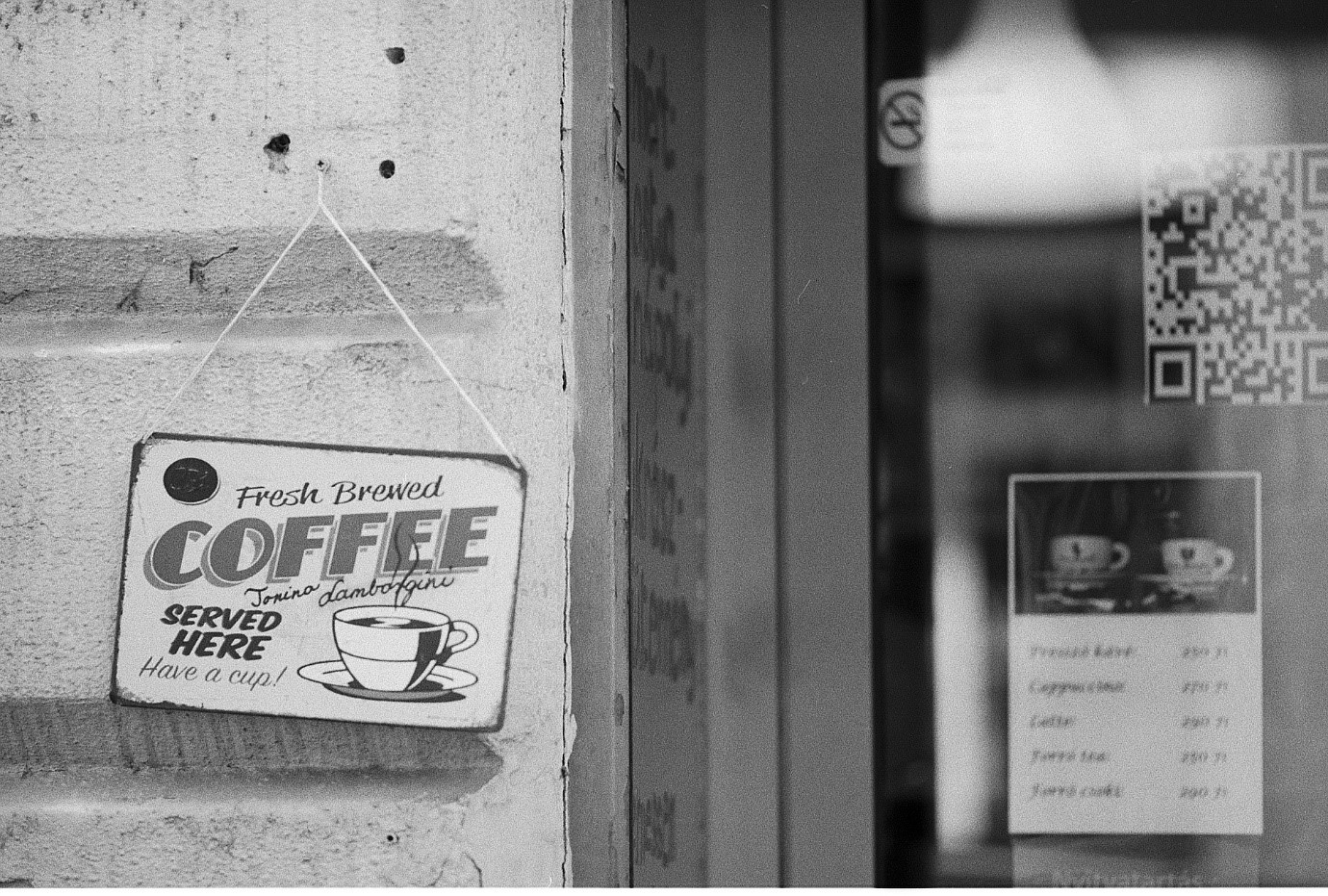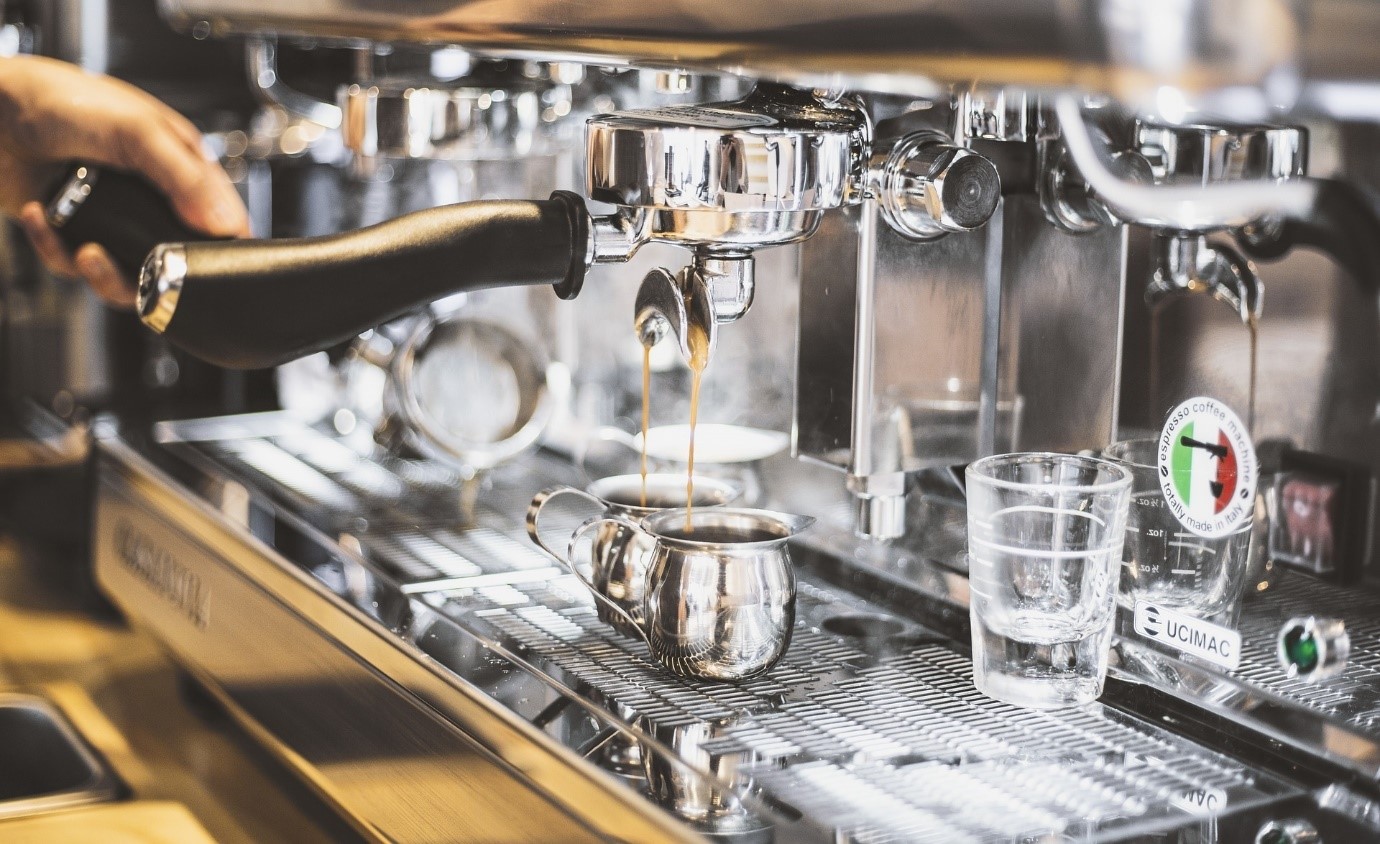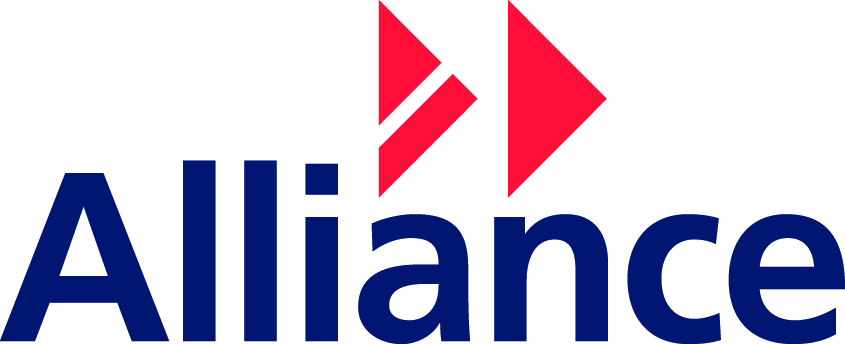Britain might have long been known as a nation of tea drinkers, but it’s increasingly clear that coffee culture has taken root. Specialty coffee is thriving, independent cafes are flourishing, and demand for high-quality brews is stronger than ever. Yet, with this boom comes fierce competition. To establish a unique position in the market, your business needs to differentiate itself by providing not only excellent coffee but also a unique concept, an inviting atmosphere, and exceptional customer service.
In this detailed guide, we’ll walk you through every essential step of opening a coffee shop in 2025, covering:
- Creating a comprehensive coffee shop business plan
- Designing a unique and competitive concept
- Understanding and complying with regulations
- Selecting the right equipment
- Hiring and training a skilled team
With these elements in place, you’ll be well on your way to launching a successful coffee business.
Creating a coffee shop business plan

Before choosing a location or investing in equipment, you need a well-structured business plan. This document is more than just a formality—it’s your roadmap to success. A strong business plan will help you clarify your vision, define your financial strategy, and anticipate potential challenges.
Creating a Unique Coffee Shop Concept
A distinctive concept will set you apart from competitors. It’s not just about the coffee—it’s about the experience you create. The best way is to create a unique idea.
This idea should offer customers something different from what is nearby. In this section, we’ll talk you through the essential things you need to consider when creating a concept for your coffee shop.
Scoping Out the Competition
Visit nearby coffee shops, noting their strengths and weaknesses. Are they franchise chains or independent businesses? How do they price their drinks? Understanding your competition will help you find a niche.
Your café’s aesthetic should stand apart from the uniform, often formulaic interiors of major brands. Unique and thoughtful décor that shows off your local area will improve the customer experience. It will also strengthen your identity as an independent business.
In 2025, consumers will want authenticity and personalized service more than ever. A strong local identity can give a big advantage.
Defining Your Target Market
Your target audience should influence every decision. For example:
A café near a university might offer affordable drinks, study-friendly spaces, and student discounts. A shop in a business district could focus on high-speed service, premium coffee, and grab-and-go breakfast options. A family-friendly venue might have a dedicated children’s area and kid-friendly menu items.
When identifying your ideal customers, remember that your café’s location plays a big role in who visits. In 2025, consumer expectations are higher than ever. It is important to match your products with the needs of your local community.
Ensure that your coffee shop aligns with the demographics of your location.
Creating the Right Ambience
Your venue should be an inviting space where customers feel comfortable lingering. Consider:
Lighting – Warm, soft lighting creates a cosy atmosphere, bright lighting suits high-energy venues.
Furniture – Will you offer communal tables, plush seating, or minimalist designs?
Music – The right soundtrack enhances the mood. You’ll need a music licence (covered later).
Developing Your Product and Presentation Offerings
Quality coffee is essential, but variety and customisation options will also appeal to customers. Consider:
Many independent cafés stand out by offering a wide range of high-quality blends and single-origin beans. They often get these from local roasters. This method helps small suppliers and gives customers more choices than big corporate chains usually provide.
If you are looking to create a truly distinctive menu, consider exploring emerging trends such as fermented coffee, innovative brewing techniques, and ethically sourced, direct-trade options.
Beyond flavour and quality, presentation plays a crucial role in establishing your brand. Consistently well-crafted drinks communicate professionalism and attention to detail, reinforcing your commitment to excellence. Also, attractive drinks that look good on Instagram are more likely to create social media buzz. This helps bring in new customers through online word-of-mouth.
Rules and regulations for opening a coffee shop

Running a coffee shop comes with a complex web of rules, regulations, and administrative requirements. While legal compliance may not be the most exciting aspect of launching a business, it is essential to familiarise yourself with your obligations before welcoming your first customers.
In this section, we will help you understand the key licenses and permits you need. We will explain how to get the right planning permission. We will also cover the health and safety rules you must follow before you can open your doors.
By keeping up with these legal requirements, you can have a smooth launch. This way, you can focus on what really matters—serving great coffee and providing excellent service.
Planning Permission
If your venue was not previously a café or restaurant, you may need ‘change of use’ planning permission. Coffee shops typically fall under A1 or A3 classification. If you’re unsure, check with your local authority via the Planning Portal.
Registering as a Food Business
Any business handling food must register with the local authority at least 28 days before opening. Even if you only serve coffee with milk, you must register under food hygiene regulations.
Health and Safety Compliance
As a business serving food and drink to the public, your coffee shop must adhere to the Food Standards Agency (FSA) regulations in all aspects of daily operations. Compliance with these regulations is not only a legal requirement but also essential for maintaining customer trust and safeguarding public health.
Music Licence
In the UK, businesses playing music publicly must obtain a licence from PPL PRS, the organisation responsible for music licensing. The cost of your licence will depend on factors such as the size of your premises and the way in which music is used within your business.
Choosing the right equipment

The right equipment will ensure efficiency, consistency, and high-quality coffee. You can also take a look at our complete coffee shop equipment buying guide to learn more about choosing the right sort of suppliers and machinery for your business.
Coffee Machines
It might go without saying, but coffee is going to be your core product, so choosing the right coffee machine is paramount. Most shops and cafes will opt for one of three different types: an espresso machine, a bean-to-cup machine, or a filter coffee machine. Here, we’ve broken down the pros and cons to help you decide which type is best suited to your shop.
Coffee Grinders
Grinding fresh beans enhances flavour. A high-quality grinder ensures a consistent grind size.
Water Boiler
A commercial water boiler provides instant hot water for teas and Americanos, speeding up service.
Refrigeration
You’ll need separate fridges for milk, food items, and pre-prepared meals. Under-counter fridges help save space.
Blenders and Ice Machines
Blenders allow you to offer smoothies and iced drinks, which are increasingly popular in summer months. An ice machine ensures you never run out.
Takeaway and Presentation Supplies
Consider eco-conscious takeaway cups and packaging to appeal to environmentally conscious consumers.
Hiring staff: Finding, training and managing baristas

Unless you intend to run your coffee shop single-handedly, your next step will be to assemble a skilled, friendly, and reliable team of baristas. The quality of your coffee is only as good as the people making it, so investing in the right staff will be key to your success.
Hiring Skilled and Knowledgeable Baristas
If you want your café to be known for serving exceptional coffee, then it is essential that your staff are well-versed in the craft—both in knowledge and technique. Beyond using high-quality equipment, the expertise of your baristas is what ensures consistently great-tasting drinks. Your team should be able to differentiate between a flat white and a long black, understand the nuances of different brewing methods, and confidently explain flavour profiles to customers.
Crafting the perfect coffee using an espresso machine requires skill, precision, and practice. Ideally, your baristas will have prior experience, but if not, you must be prepared to provide comprehensive training before opening.
This training should cover not only coffee preparation techniques but also menu knowledge, ensuring all staff are able to recommend drinks, explain tasting notes, and prepare or reheat food safely and efficiently.
Additionally, basic health and safety training is a legal requirement—familiarising yourself with HSE (Health and Safety Executive) regulations will help you understand staff obligations and ensure full compliance.
Staff Uniforms and Professional Appearance
Finally, consider whether your team will wear a uniform. Many independent cafés opt for a relaxed dress code, allowing staff to wear their own clothing with an apron or protective garment. However, some businesses provide branded T-shirts, name badges, or other identifiable apparel to reinforce brand identity and maintain a professional appearance. Whichever option you choose, ensure your staff are comfortable, presentable, and aligned with your café’s aesthetic.
By investing in proper hiring, training, and management, you can build a team that not only serves outstanding coffee but also enhances the customer experience, helping your business thrive in a competitive market.
Now you know how to open a coffee shop, you can start putting your plans into action. Like any commercial business, it takes passion and dedication to get it off the ground, and it can be an around-the-clock commitment. But, with a strong concept, a smart business plan, and a lot of hard work, you can make your dream into a career. Here at Alliance Online, we stock everything you’ll need to get your coffee shop up and running, so browse our café and coffee shop equipment to find everything you’ll need to get your business off to a great start.


